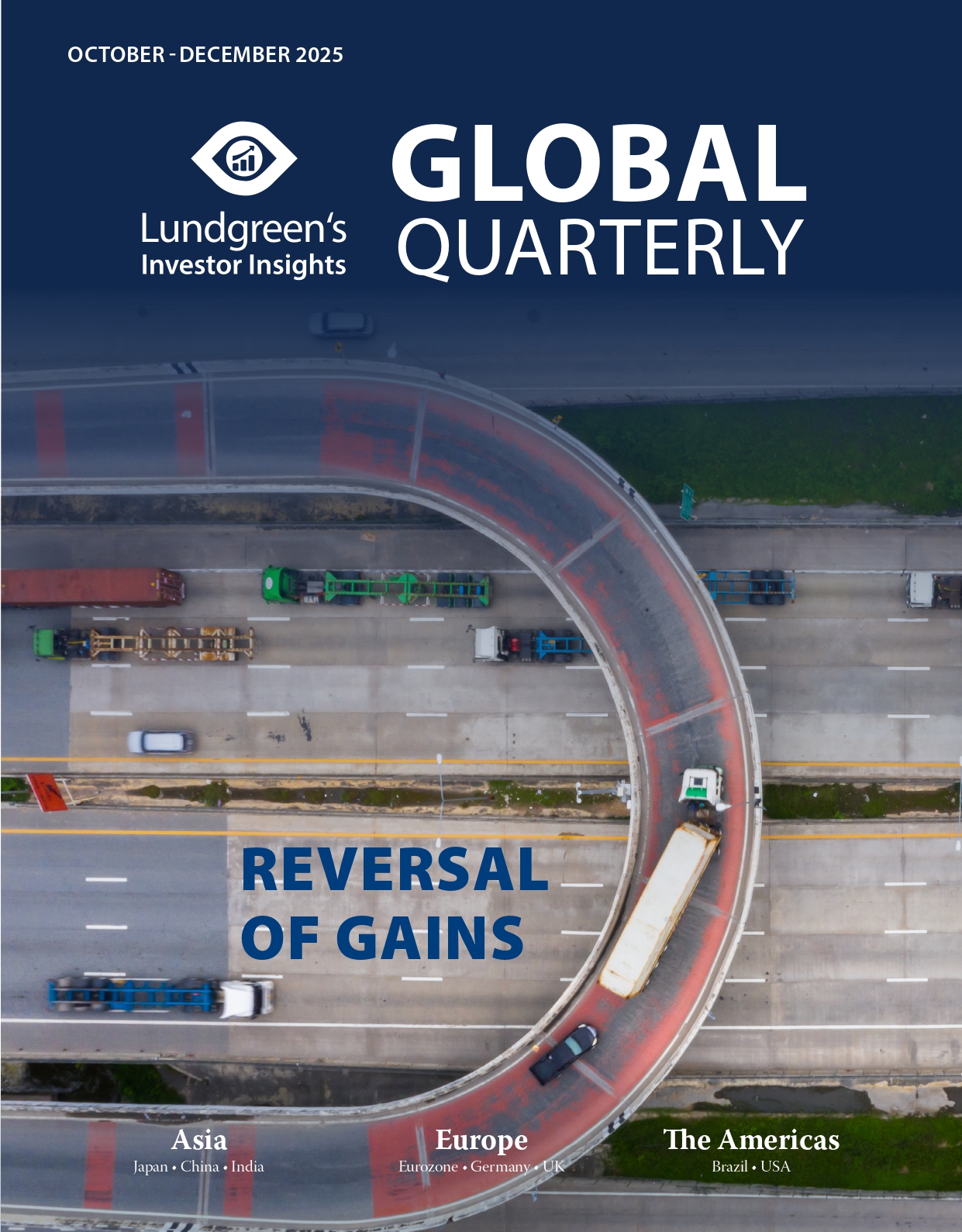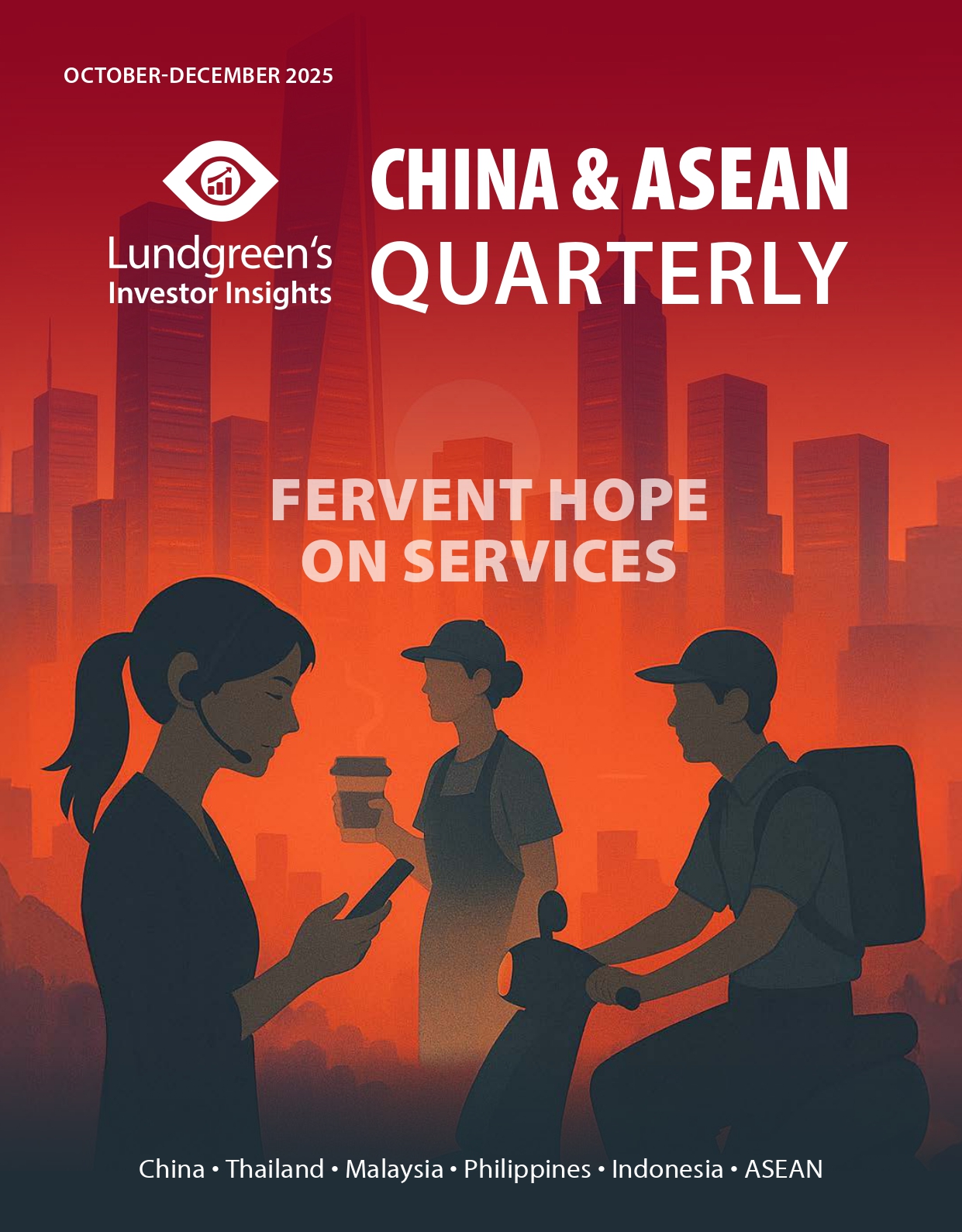Next Week in China: 11-15 August 2025
Major Data Releases:
- 15 August: China to report July industrial production volumes
- 15 August: China to report July energy production levels
- 15 August: China to report July investment in fixed assets (excluding rural households)
- 15 August: China to report July real estate investments
- 15 August: China to report July total retail sales (TRS) of consumer goods
- 15 August: China to report July house price index
- 15 August: China to report July total social electricity consumption
- 15 August: China to report August Medium-Term Lending Facility (MLF) scale of operations and interest rate
Next week will also be a week with major economic data releases for mainland China, keeping the momentum from the current week.
For investment in fixed assets, we expect the July figure to be around 2.7 per cent, a decrease of 0.1 percentage points from the previous month. In terms of infrastructure investment, with the rush to install photovoltaic or solar projects now over, power investments declined in June. Drawing from the experience after the end of the 2016 installation rush when power investment continued to fall, energy-related investments may slow further.
Regarding real estate investment, both the year-on-year decline in commercial housing sales areas across 30 cities and land transactions in 100 cities continued to widen in July, and there has been no significant improvement in demand for building materials. The decline in real estate investment is therefore likely to persist. As for manufacturing, investments may continue to slow due to the “anti-involution” or price war policies of the central government. Drawing from the previous round of supply-side reforms, cumulative year-on-year growth in manufacturing investments had fallen from 8.1 per cent in December 2015 to 4.2 per cent in December 2016. A similar easing might occur this time.
For retail sales growth, we anticipate a slower growth of 4.4 per cent from June’s 4.8 per cent increase year-on-year. In July, the services Purchasing Managers’ Index fell by 0.1 percentage points month-on-month to 50.0. The decline was softer than seasonal norms, indicating a marginal weakening in consumption momentum.
Many regions experienced extreme weather conditions in July – either heavy rainfall or high temperatures – prompting emergency stockpiling by businesses and government agencies, as well as hoarding behaviour among consumers. This is expected to provide short-term support for the grain and oil sector. Additionally, the scorching heat is likely to boost demand for air conditioners and similar home appliances, lending some resilience to home appliance retail sales. Also, the end-of-quarter sales push in June led to some frontloading of demand for passenger vehicles. There have been no significant adjustments even as the price wars have eased, so July auto retail sales are expected to remain under pressure. Finally, the continued weakness in the real estate market is exerting a negative impact on consumption related to the post-property cycle. Meanwhile, in terms of non-goods consumption, subway and flight travel in July were above seasonal norms, indicating strong travel activity among residents. However, according to third-party data, summer holiday consumption enthusiasm was not high, and restaurant revenues continued to be under pressure.
China stocks rebounded from last week’s slide. As of Thursday, 7 August, the MSCI China Index had increased by 2.74 per cent for the week. Meanwhile, the Shanghai Composite Index rose by 2.24 per cent, the Shenzhen Component Index by 1.52 per cent, and the ChiNext Index by 0.87 per cent. During this period, small-cap stocks outperformed mid- and large-cap stocks while from a style perspective, value stocks slightly outperformed growth stocks. Looking ahead, the July meeting of China’s Central Political Bureau focused on medium- and long-term planning, with an emphasis on continuity and implementation. In the second half of the year, efforts should continue to focus on structural reform measures. If so, it is highly likely that the supply and demand structure of the economy will improve in the medium- to long-term.
This piece has been co-produced with Yiyi Capital Limited in Hong Kong, a China specialist and a part of a global financial services group.







